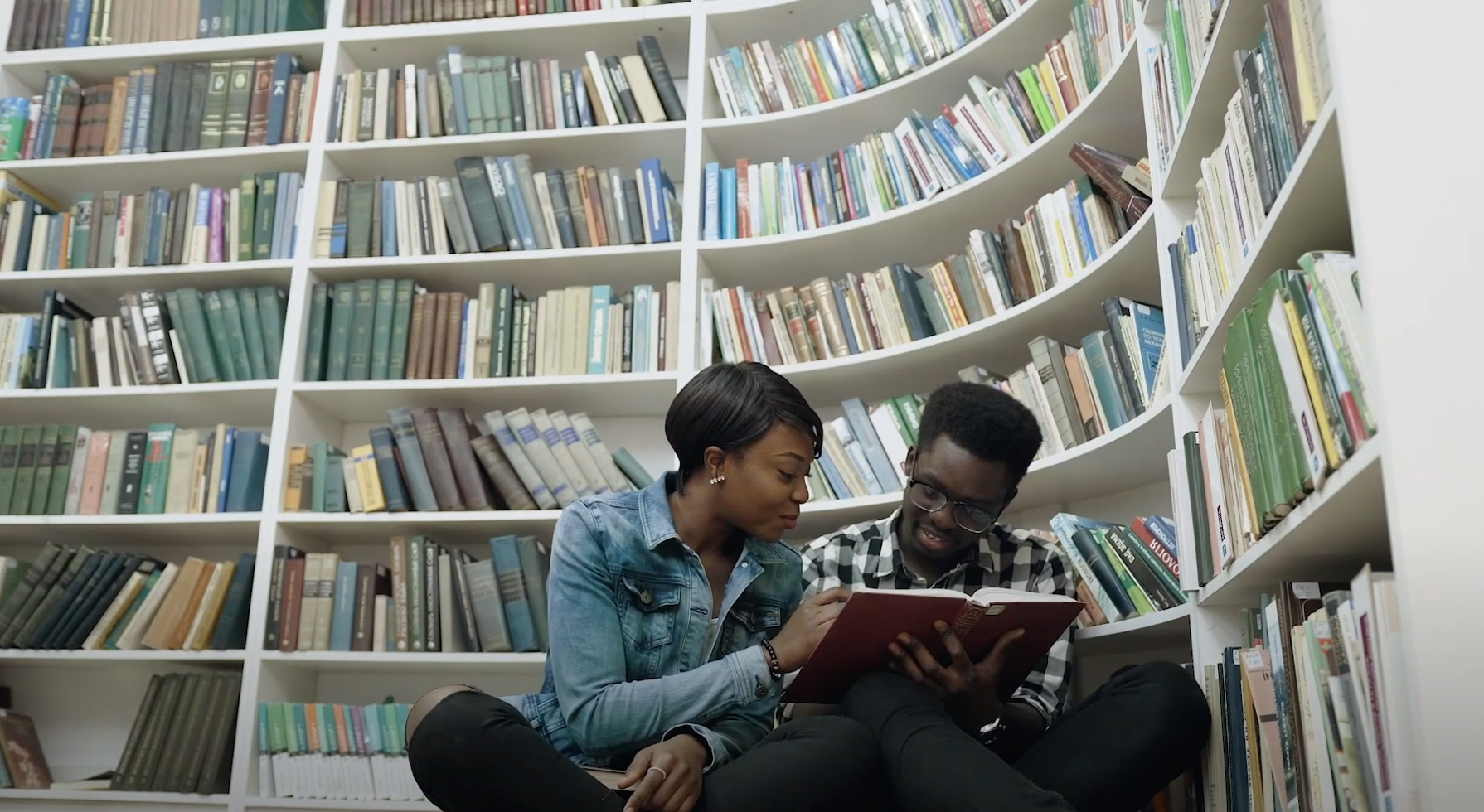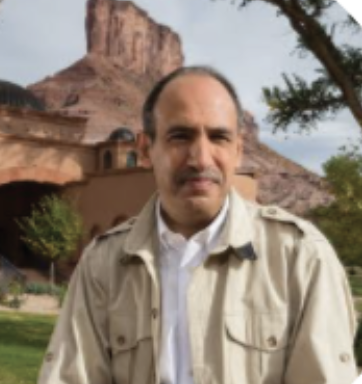What are the foundations of “Cultural Intelligence and Knowledge”? How is culture defined and how is culture “accumulated”? Researchers at the University of Texas at Austin are trying to understand these concepts in a comparative study of the behavior of children and our closest primate relative — the chimpanzee. The scientists ask: why is it that humans have developed sophisticated technology while chimps continue to use primitive tools over the same period of time? How does access to information and new technology make a difference in accumulating culture? How does knowledge that is passed on make a difference? At its essence, researchers are diving into what makes humans unique — culturally, cognitively and socially. The Templeton World Charity Foundation is supporting this unique research to also understand the building blocks of culture, cultural learning, and the cognitive infrastructure that underlies cultural complexity as well as innovation and creativity.
Foundations of Cultural Intelligence
Researchers at the University of Texas at Austin are studying the behavior of children and our closest primate relative to explore how culture is defined and accumulated.

